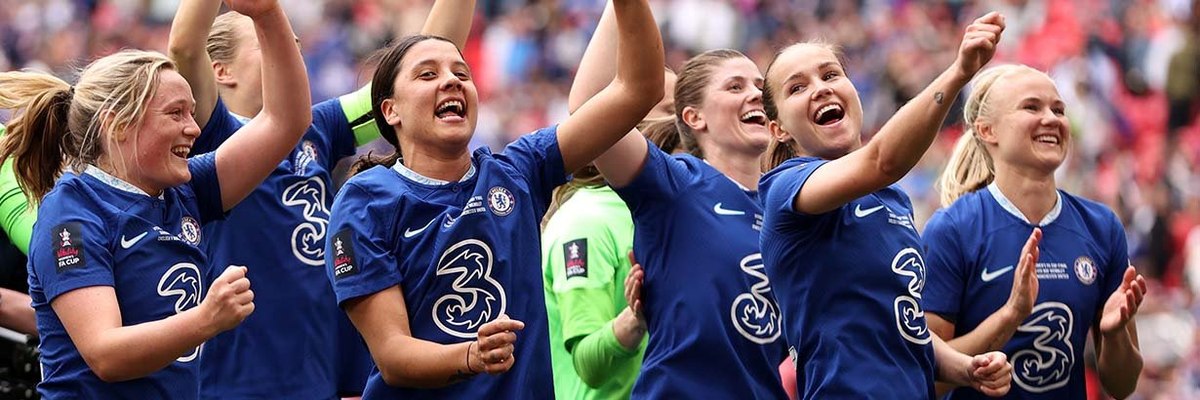
The football fans who buy replica shirts
The replica shirt is a symbol of allegiance, a fashion item, and occasionally a key component of the classic Full Kit W****r ensemble.
But who actually buys them? We asked football fans about their attitudes towards replica jerseys – here’s what we found.
Our data can reveal that 13% buy these shirts once a year or more, while 12% buy them once every two or three years and 12% every four or five years (or less often). Overall, that means that 37% of football fans are, at some point or another, in the market for a replica shirt.
Looking at the channels they purchase these jerseys from (we allowed respondents to pick more than one option), 48% say they tend to buy them from the club’s online store, while 40% do so from the club’s physical store. A fifth (20%) purchase them from high street retailers such as JD Sports, another fifth from the online stores of these high street retailers, and 17% from online-only retailers such as Amazon.
And, since it’s the season: some 25% intend to buy replica football kits for Christmas, either for themselves (9%) or for someone else (26%).
The aesthetics of replica shirts
Replica shirts come in a number of flavours: club kits, national strips: retro kits or new kits for the latest season; sponsor on the front, or no sponsor. There is a whole conversation about collars that we won’t even get into (but you can run a survey on that topic if you like).
Anyway, it should be unsurprising that football fans are most likely to pick up strips from the club they personally support (74%), followed by jerseys from their preferred national team (15%).
As for the specific kinds of shirt, 55% buy the standard official replica kit for the latest football season, with 28% buying the “authentic” matchday-style kits, which are sold at a premium (and fit rather more snugly than their counterparts). Another third (34%) buy retro kits, while one in nine purchase unofficial/fake shirts from third parties.
Let’s talk about backs and fronts, and the writing that appears on them. Starting with the reverse of the shirt: some two thirds of football fans (68%) aren’t bothered with personalisation at all – an unadorned jersey is quite enough. Another fifth say they like to have the name and number of a favourite player (18%), while one in nine say they like a vanity personalisation with their own preferred name and number (11%).
We also asked about shirt sponsors. Some 18% think they make football jerseys look better, 39% say they make them look worse, and 41% say they make no difference either way. It’s the sort of question where you might imagine it depends on what people think of individual sponsors. YouGov BrandIndex can provide greater insight into how football fans feel about these specific companies (and YouGov FootballIndex can provide insight into the clubs).
How football fans feel about JD Sports
So, with the understanding that football fans often prefer to buy replica kits from the clubs themselves – and with the knowledge that a third of those who do buy replica kits are planning to do so this Christmas – we thought it might be worth looking at how the public feel about JD Sports, which sells football kits from a range of different clubs. The brand has just released its own version of a John Lewis Christmas ad in which (generic) football fans feature.
Our data shows that if the retailer makes a big push to sell football kits this Christmas, it might well pay off. The brand’s popularity with fans of the sport exceeds the general public’s enthusiasm across several metrics. Impression scores from YouGov BrandIndex, which asks the public several questions about a raft of brands every day, show that 34% of fans have a positive view of JD Sports next to 25% of the wider public.
This is reflected across other metrics. Some 28% of football fans think the brand represents good quality, next to 22% of the public, while 22% say it represents good bang for buck – compared to 16% of Britons overall. And what’s more, they’re happier with their experience with the brand than the average too: 30% would recommend it, next to 21% of Britons, while 29% say they are satisfied customers, next to 23% of the public.
We also asked JD Sports customers about their favourite sports. Football comes out on top (49%), followed by tennis and boxing (21% each), with cricket a little further behind (17%).
This is followed by motorsport (17%), athletics (15%), rugby union (14%), horse racing (13%), gold (12%), and cue sports such as pool, snooker or billiards (12%).
Make smarter business decisions with better intelligence. Understand exactly what your audience is thinking by leveraging our panel of 26 million+ members. Speak with us today.
YouGov polled 2,007 British adults online on 20-21 November. The survey was carried out through YouGov Surveys: Self-serve. Data is weighted by age, gender, education level, region, and social grade. The margin of error is 2% for the overall sample. Learn more about YouGov Surveys: Self-serve.
YouGov Profiles is based on continuously collected data and rolling surveys, rather than from a single limited questionnaire. Profiles data for Great Britain is nationally representative of the online population and weighted by age, gender, education, region, and race. Learn more about Profiles.